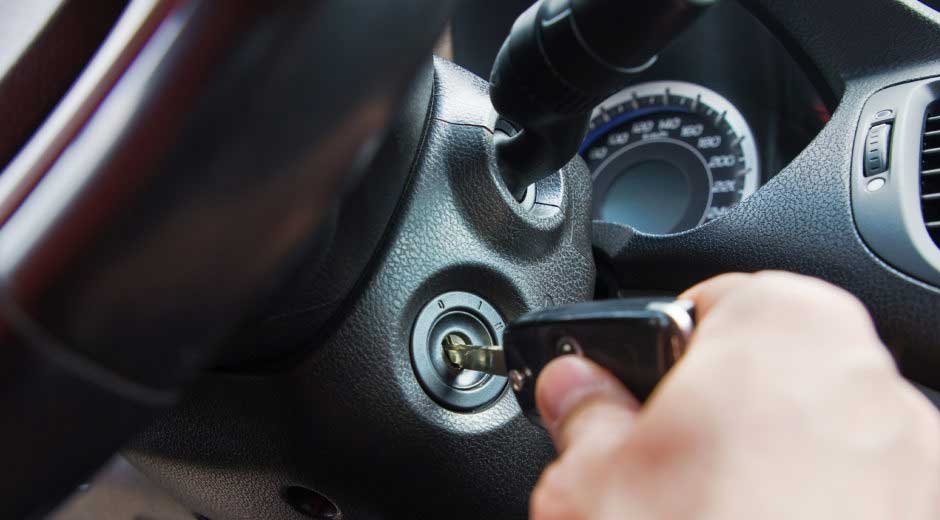Introduction to Vehicle Maintenance
A well-maintained vehicle is the secret to a safe and efficient driving experience. While aesthetics can capture attention, your car’s mechanical health determines its reliability and performance on the road. Many car owners overlook the importance of routine maintenance, considering it a chore or an unnecessary expense. However, paying attention to these vital check-ups can lead to significant safety hazards and costly repairs. A Toyota dealership service offers valuable professional assistance for those who prefer expert guidance. Maintaining your car’s health is not just for experts; regular practices can help keep it in shape. Consistent upkeep extends the car’s lifespan, ensures optimal performance, and prevents significant repairs. Small, proactive measures can extend the car’s serviceable years and prevent substantial maintenance. This guide provides knowledge on how to keep your vehicle healthy and reliable.
Why Regular Maintenance Matters
Regular maintenance plays a significant role in preserving your vehicle’s value and functionality. Sticking to a vehicle’s schedule allows you to identify minor issues before they evolve into major, costly repairs. For instance, the timely replacement of fluids and filters can prevent engine damage, ensuring your vehicle runs smoothly and efficiently. Moreover, adhering to a maintenance routine can significantly enhance fuel efficiency, a point highlighted in a recent study that notes that well-maintained cars retain their value better in the resale market.
Basic Maintenance Tasks You Can Do Yourself
Empowering yourself with the knowledge to perform essential car maintenance can bring numerous benefits. Regularly checking and topping up fluids like oil, coolant, and windshield washer fluid is a straightforward yet crucial task. An oil change, which should be done approximately every 5,000 miles for most cars, is one task within the reach of many car owners. Checking the condition of belts and hoses can also help avoid sudden breakdowns. These tasks keep your vehicle in top condition and give you a sense of accomplishment and control over one of your most valuable assets.
When to Seek Professional Help
Despite the benefits of DIY maintenance, some issues should be handled by professionals. Persistent warning lights, odd sounds, or fluid leaks are indicators that a vehicle needs professional attention. When faced with such signs, taking your car to an expert is crucial to avoid exacerbating the issue. Choosing the right professional help can be daunting, but resources like the car dealership Sarasota can aid in finding a reputable service center. Skilled mechanics can provide diagnostics and repairs that are beyond the capability of the average car owner.
Tips for Keeping Your Tires in Top Shape
Tire maintenance is crucial as tires directly interact with the road. Regular tire pressure checks and rotations, usually every 6,000 to 8,000 miles, enhance fuel efficiency and tire longevity. Keeping an eye on tread wear ensures maximum road grip and reduces accident risk, especially in adverse weather conditions. Regular tire rotations ensure tire wear and safety.
Keeping the Engine Running Smoothly
Your car’s engine is its core, and regular oil changes are essential for maintaining its function. These changes prevent wear and tear by lubricating engine components and reducing friction. Additionally, clean fuel systems improve performance and efficiency. Listening to unusual noises like knocking or hissing can indicate serious issues that need immediate attention. Regular air filter checks also prevent debris from entering the engine.
The Importance of Brake System Checks
Maintaining fully functional brakes is crucial for safe driving. The brake system includes pads, rotors, and fluids, all needing proper maintenance. It is recommended that brake pads be checked twice a year or more and brake fluid be changed every two years. Ignoring minor issues like squeaking sounds can lead to more significant problems, threatening your safety and the vehicle’s performance.
Seasonal Maintenance Considerations
Adapting your vehicle’s maintenance routine to the seasons is crucial for preparing it for various weather conditions. Winter requires optimal battery condition and adequate antifreeze levels to prevent issues. Properly functioning summer air conditioning and cooling systems are essential to avoid overheating. Each season’s unique challenges necessitate an adaptive approach to vehicle maintenance to ensure optimal performance.
Leveraging Professional Services for Longevity
Professional services are like a health plan for your car, offering comprehensive maintenance packages that cover diagnostics and part replacements. These services save money and stress throughout the season by avoiding costly repairs. Professionals possess the equipment and knowhow to maintain your car beyond the dos and don’ts, guaranteeing its longevity and effectiveness. Regularly scheduled maintenance with professionals can catch issues early, enhancing your driving experience and providing peace of mind and security.






